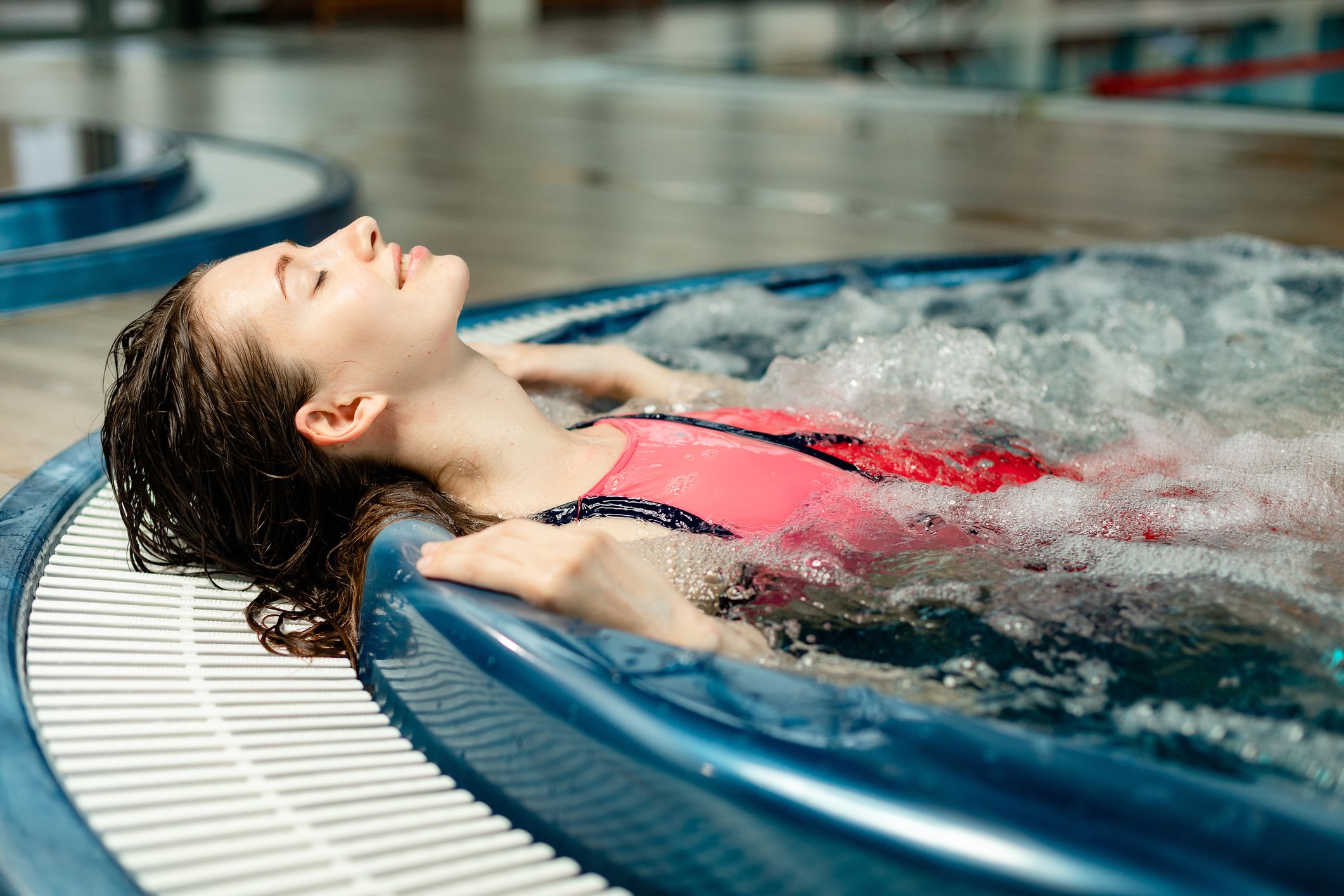Revitalize Your Body: The Benefits of Contrast Therapy Explained

Contrast therapy is a popular treatment method that involves alternating between hot and cold temperatures to promote various health benefits. This technique can help revitalize the body by improving circulation, reducing inflammation, and enhancing recovery. By subjecting the body to contrasting temperatures, contrast therapy can stimulate the body's natural healing mechanisms and promote overall well-being.
One of the key benefits of contrast therapy is its ability to improve blood circulation. When you expose your body to hot temperatures, such as a hot shower or sauna, your blood vessels dilate, allowing more blood to flow through your body. This increased circulation can help deliver essential nutrients and oxygen to your muscles and tissues, promoting faster healing and recovery. Conversely, when you switch to cold temperatures, such as a cold shower or ice bath, your blood vessels constrict, which can help reduce inflammation and swelling. By alternating between hot and cold temperatures, you can help improve your circulation and promote better overall cardiovascular health.
Another benefit of contrast therapy is its ability to reduce inflammation and pain. The cold temperatures used in contrast therapy can help numb the affected area, providing temporary pain relief. The cold also helps to constrict blood vessels, which can reduce swelling and inflammation in the muscles and joints. Alternating between hot and cold temperatures can create a pumping action in the body, helping to flush out toxins and waste products that contribute to inflammation. This can be especially beneficial for individuals with chronic pain conditions such as arthritis or muscle strains.
Contrast therapy can also help to improve recovery after intense physical activity or exercise. By exposing your body to hot temperatures, you can help relax and loosen tight muscles, promoting flexibility and range of motion. The heat can also help to reduce muscle soreness and stiffness, allowing for quicker recovery. Switching to cold temperatures can help to reduce muscle fatigue and speed up the recovery process by decreasing inflammation and promoting blood flow to the muscles. By incorporating contrast therapy into your post-workout routine, you can help speed up recovery and reduce the risk of injury.
In addition to physical benefits, contrast therapy can also have a positive impact on mental health and well-being. The alternating hot and cold temperatures can help to invigorate and energize the body, promoting a sense of revitalization and rejuvenation. This can help to reduce stress and improve mood, making contrast therapy a great way to relax and unwind after a long day. The sensation of switching between hot and cold temperatures can also help to improve focus and mental clarity, making it a great way to reset and recharge both the body and mind.
There are several ways to incorporate contrast therapy into your daily routine. One common method is to alternate between hot and cold showers, spending a few minutes in each temperature. You can also try using hot and cold packs on sore or injured areas of the body, or immerse yourself in hot and cold baths. It's important to start with a moderate temperature and gradually increase or decrease the temperature to avoid shocking the body. Consult with a healthcare professional before starting contrast therapy, especially if you have any underlying health conditions.
In conclusion, contrast therapy is a versatile and effective treatment method that can help revitalize the body in numerous ways. By incorporating hot and cold temperatures into your routine, you can improve circulation, reduce inflammation, enhance recovery, and promote overall well-being. Whether you're looking to improve physical performance, reduce pain and inflammation, or simply relax and unwind, contrast therapy can be a beneficial addition to your health and wellness routine. So why not give it a try and experience the rejuvenating benefits of contrast therapy for yourself?